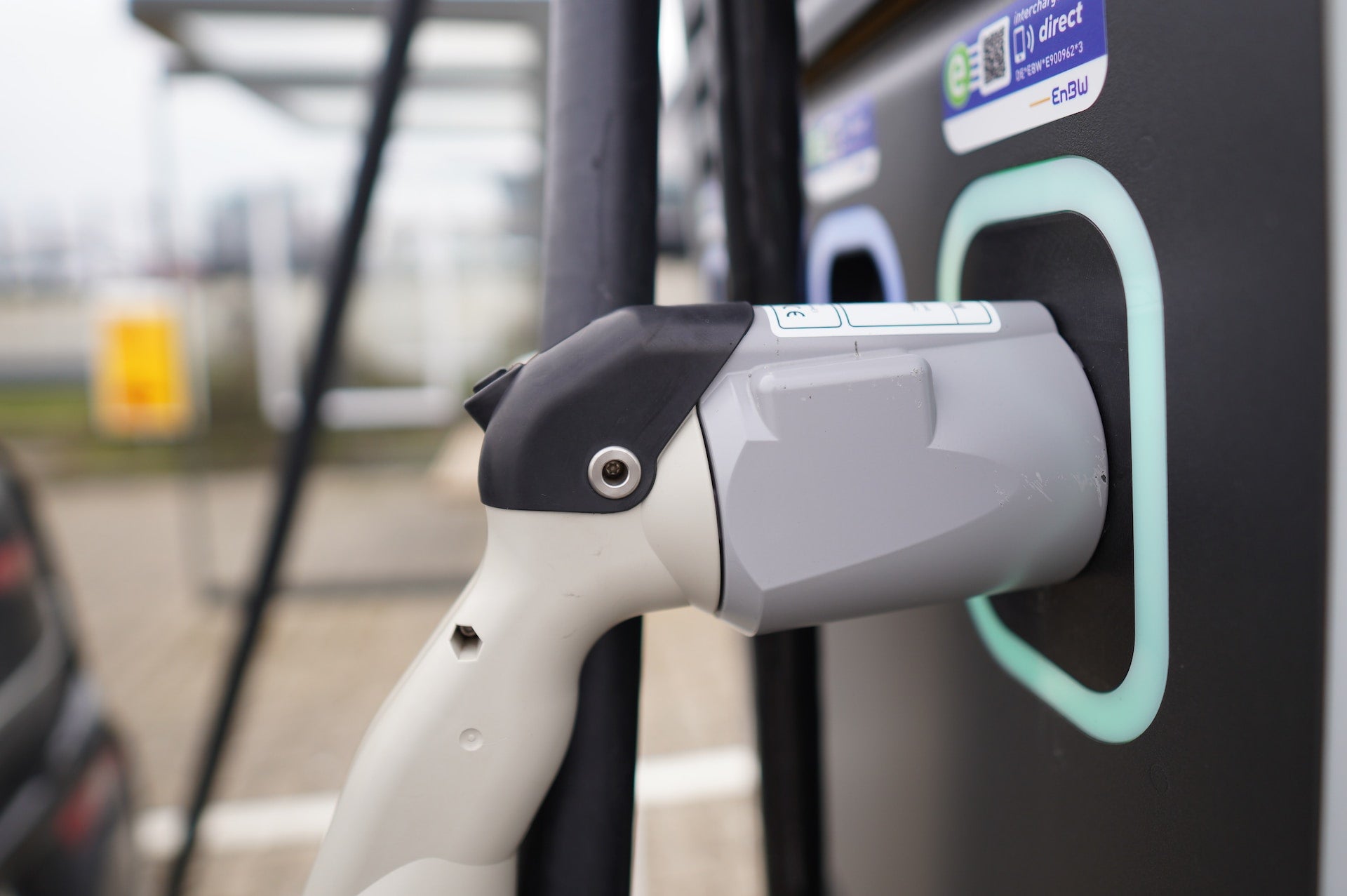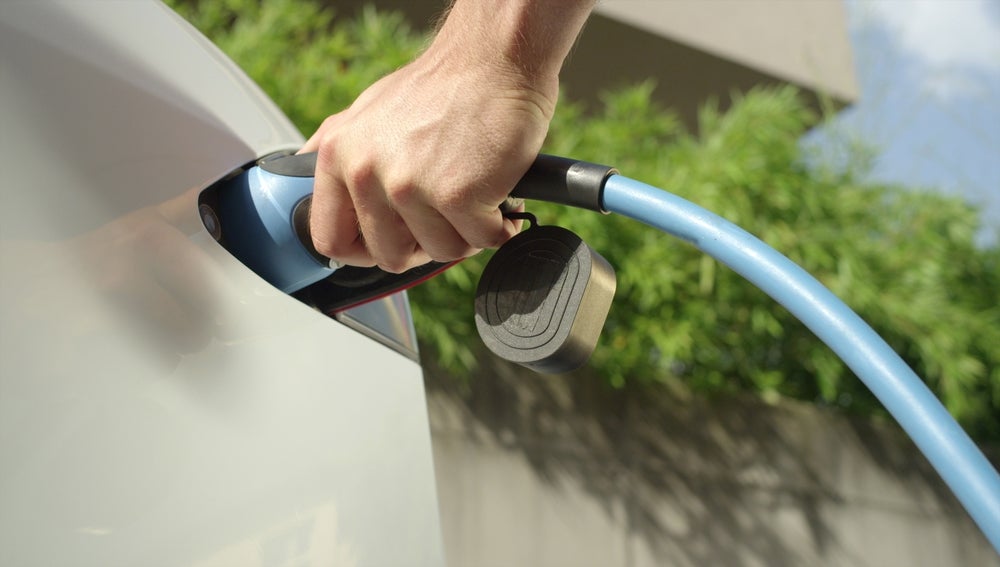
Business fleets are driving the adoption of electric vehicles (EVs) in the UK, according to a new report by Lex Autolease.
The Future of Transport Index is a new quarterly analysis of the sector, including private vehicles, public transport and active travel, like walking and cycling.
The report surveyed 100 business fleet managers with fleets of more than 100 cars and more than 1,500 drivers in a move to better understand how travel is changing.
Attitudes to EVs
Underpinning the changes is the switch from petrol and diesel-powered vehicles to electric and hybrid models.
The report found that business fleets are leading that charge with 44% of fleet cars already being electric, compared with just 4% of privately-owned vehicles.
Firms are investing an average of 7% of turnover in fleet electrification as they work towards the UK’s 2030 net zero target when the sale of new petrol and diesel-powered cars will be banned.

US Tariffs are shifting - will you react or anticipate?
Don’t let policy changes catch you off guard. Stay proactive with real-time data and expert analysis.
By GlobalDataTwo-thirds (66%) of businesses have grown the number of electric vehicles in their fleet in the last year, and the same proportion (67%) expect to grow the number of electric vehicles in their fleet in the year ahead, by an average 19%.
Reasons for going electric include its importance for employee engagement and recruitment (75%), hitting sustainability targets (67%), and because it supports sustainability credentials (57%).
And the current cost-of-living challenges don’t appear to have driven them off course; almost half (45%) of fleet managers said they had increased their investment in adopting electric vehicles as a result, with just 2% saying it had caused them to cut back.
Future of transport
But despite record numbers of electric vehicles entering the UK’s roads, the new Future of Transport Index, which tracks the level of confidence in different transport technologies on a scale from -50 to +100, reveals confidence is actually highest in petrol vehicles, which have an Index score of 42.
Hybrid vehicles followed with an Index score of 32, with electric vehicles close behind at 31. Diesel vehicles were given an Index score of 13.
Calculated by analysing the latest vehicle figures from Lloyds Banking Group’s motor finance and leasing brands, Black Horse and Lex Autolease, alongside data collected from more than 1,500 private car drivers, the Index runs from -50 to +100, where -50 means confidence in that fuel type is at its lowest, while +100 indicates confidence is at its highest.
Nick Williams, transport managing director at Lex Autolease, said: “Transport is fundamental to the transition to net zero and it’s going to take a collective effort across the industry as a whole to get to where we need to be.
“Looking at the progress already being made to electrify business fleets gives me confidence that this is eminently achievable, especially as the cost of purchase continues to fall and more electric vehicles enter the second-hand market, which should help speed up their adoption by private drivers.
“The aim of the new index is to understand how travel is changing, and the implications for the environment, the economy and even the nation’s health and wellbeing.”
IMI welcomes ‘sign of intent’ behind Tata’s £4bn EV battery factory decision







